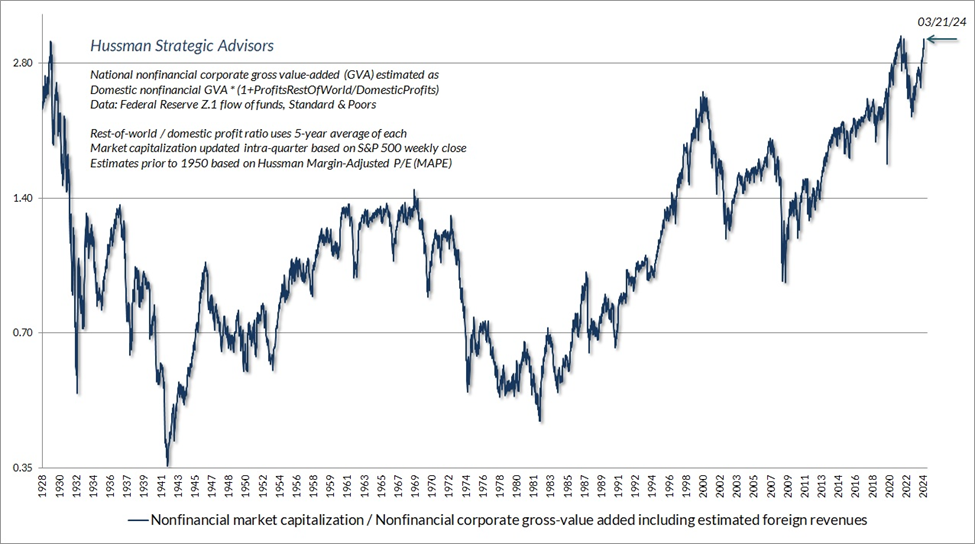Home › 6b) Austrian Economics › 6b.) Mises.org › Murray Sabrin’s Memoir: From Liberal Democrat to Libertarian Running for Governor of New Jersey
Previous post
Next post
Murray Sabrin’s Memoir: From Liberal Democrat to Libertarian Running for Governor of New Jersey
Murray Sabrin has a long history with the Austrian movement and is one of two people who had Murray Rothbard on his PhD committee. He talks with Bob about his memoir, From Immigrant to Public Intellectual: An American Story.
Human Action Podcast listeners can get a free copy of Murray Rothbard's Anatomy of the State: Mises.org/HAPodFree
Full story here
Are you the author?
Previous post
See more for 6b.) Mises.org
Next post
Tags:
Featured,
newsletter
Permanent link to this article: https://snbchf.com/2023/11/p-murphy-murray-sabrin-murray-sabrin-memoir-liberal-democrat-libertarian-governor-new-jersey/






















